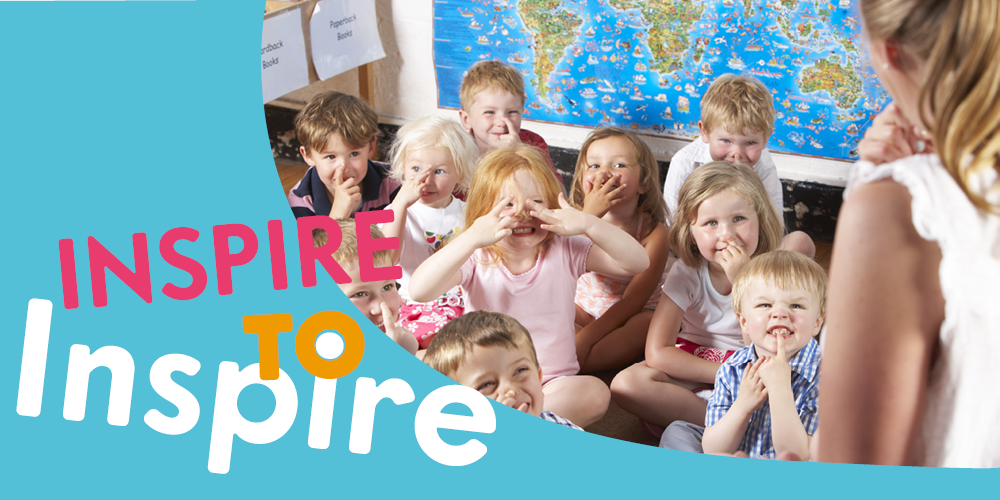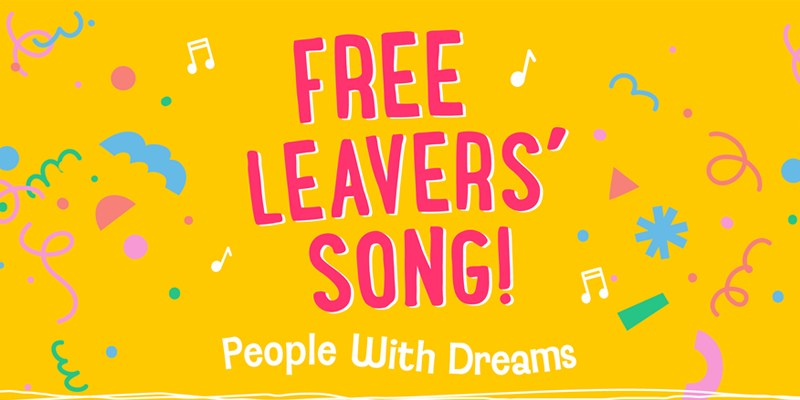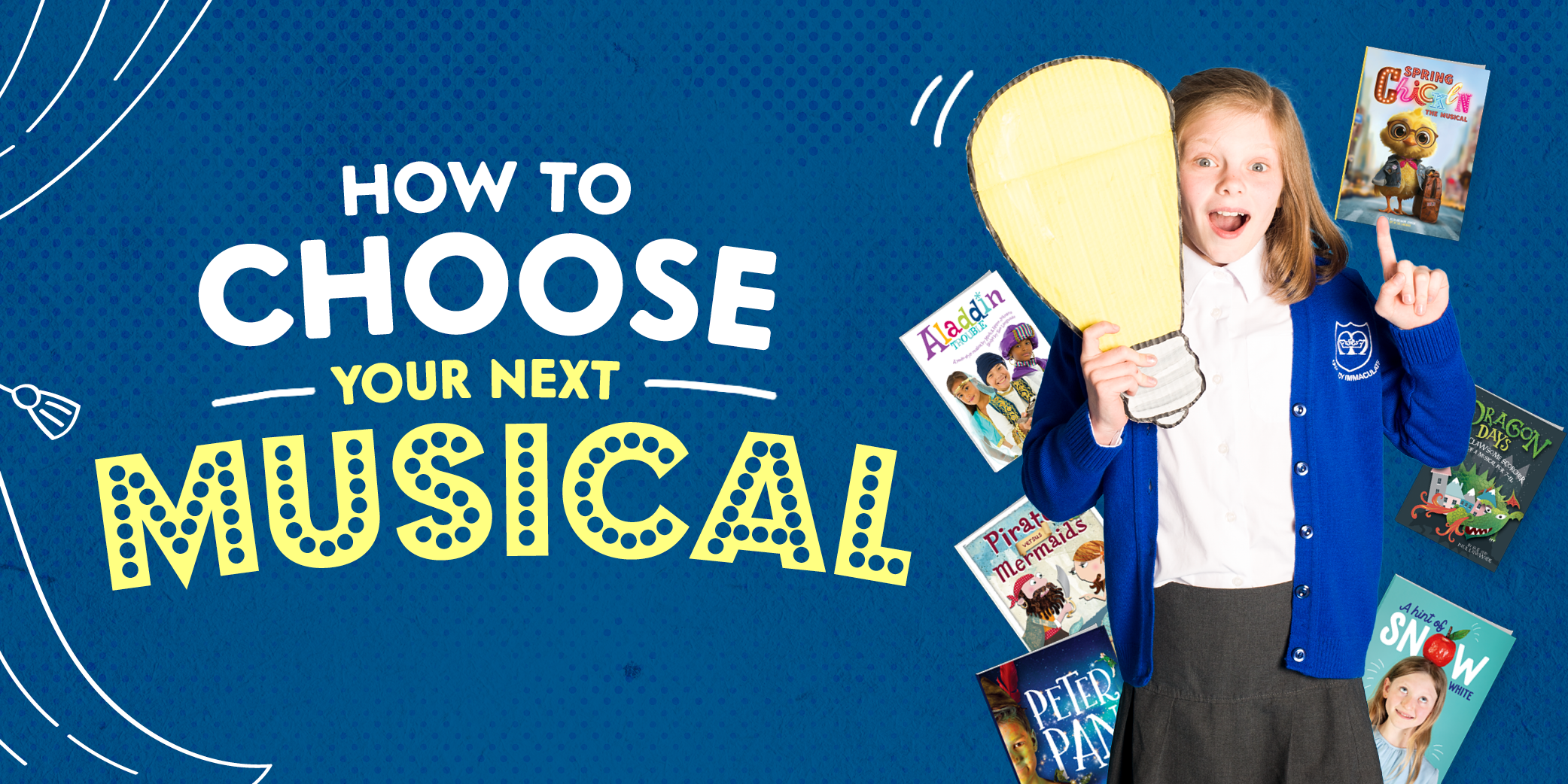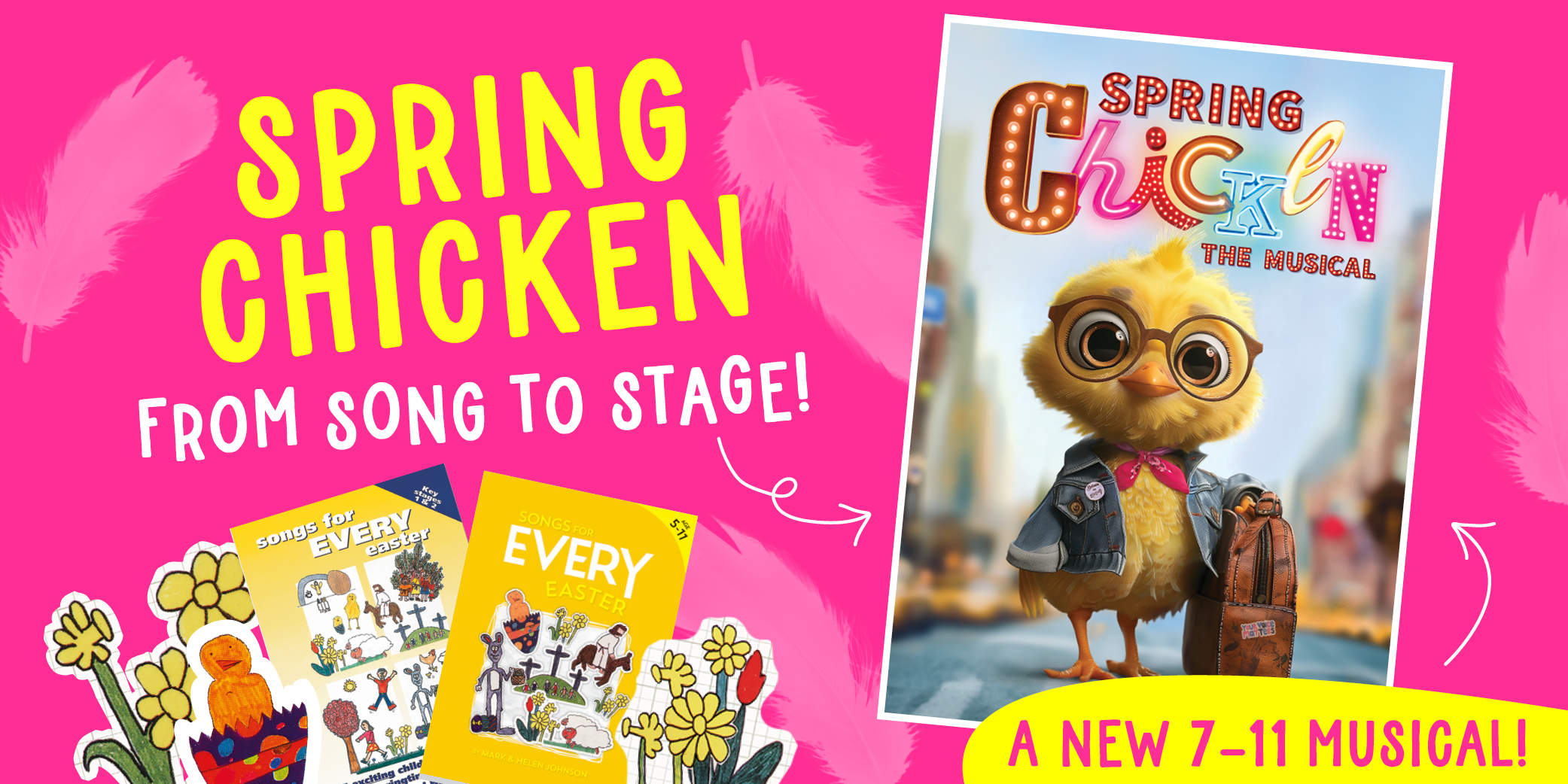
It has never been more obvious how important our teachers are. How important it is for them to be the best they can be in meeting both the needs of their school and children, whilst maintaining their own positive mental health and love of teaching. Fine-tuning programmes and equipping teachers well in their initial training is key in helping them hit the ground running with confidence.
Becoming a primary school teacher has always entailed great challenges, requiring knowledge across a broad area of subjects, as well as the pedagogical and holistic understanding of how children learn. Initial Teacher Training (ITT) is the first step on the journey to becoming a teacher, and it is during this time that the foundations of good teaching and learning can be set and seeds can be sown for a trainee to flourish into a gifted teacher. However, as it is such an important period of development, it can also be a time when habits become established that make up that teacher’s classroom practice for the whole future of their teaching career. That’s why equipping trainees in those formative years is so important to the culture of any school.
Over the six years as the ITT lead at Somerset SCITT, I’ve seen the impact a firmly-embedded music culture can have in schools, the importance of inspiring our teachers in turn to inspire their pupils through music. Recently I have been able to take this further and fully integrate music across our SCITT programme thanks to an initiative created by Out of the Ark Music. Music can often feel like a challenge to many class teachers and can seem like just another subject to understand in an already very busy schedule, but I know it to be a tool that can help trainees teach the whole curriculum – as well as improve children’s mental health, love of learning and social skills.
The pandemic has, of course, had a huge impact on teachers and pupils alike, and it saddens me to know a recent report from the Children's Society found that 75% of young people struggling with their mental health aren't getting the help they need. With an emerging ‘mental health crisis’, our current trainees are constantly confronted with the need to recover skills and learning that have been compromised over the last year, and I believe a properly integrated music culture is part of the answer here.
In 2017, Out of the Ark Music approached Professor Susan Hallam MBE to collaborate on a research project that identified the benefits of integrating music and singing in the classroom and across the curriculum. From the 300 primary school teachers and 9,000 students surveyed, the report found an increase in student confidence, self-esteem, cooperation with other children and improvement of mood – it’s official, singing children are happier children and this is something I know from my own experience. I’ve got such fond memories of taking my class from the classroom to the hall, singing a song about being a train. I just remember the joy we all felt in doing something together, the children all laughing as we went, they were all enjoying being at school.
The latest Government Covid-19 Mental Health and Wellbeing Surveillance Report found significant evidence that ‘particularly in primary school children, return to school in September 2020 has had a positive impact on some children and young people’s mental health and wellbeing’ – what aspirational news for trainee teachers! We need to continue this momentum and create, along with the recovery curriculum, a rekindling of a love of learning, and being part of a community. Our ITT curriculum recognises that teachers are facing huge pressures as we recover from Covid, and, reflecting on Professor Hallam’s research, we know the importance of supporting our trainees not just to be more confident singing songs together because it’s a fun activity, but because it is key in reigniting joy in learning in their pupils.
With more and more research coming through regarding cognitive load – recognising intrinsic load (unnecessary information) and extraneous load (distractions) – music and singing are tools that can really help focus on germane load (essential information), and improve children’s memory for information. Using a song in history to remember dates, or in numeracy to help remember number bonds, can be a powerful tool for a teacher. Singing cuts through distraction and highlights the important details and if learning is fun, children engage, and if they engage – they’ll remember. Professor Hallam’s report also found an 11.3% increase in maths performance and 10% increase in phonics, listening and reading skills post implementation of the Out of the Ark project.
Being close to the chalk face, we know lot of teachers still think that using music is about singing in front of their classes and requires both a good voice and previous music knowledge. Consequently, many trainees currently experience very little music in schools, and are not always able to observe music being used by class teachers, as it is so often left to peripatetic teachers to cover PPA time. Trainees need to be able to take what they are learning in training sessions, and see it modelled in the classroom, and then have opportunity to practise it for themselves – only then will they be able to develop their own practice and have the confidence to implement it consistently.
It was refreshing when, in 2017, our wonderful music trainer at SCITT, Nikki Hewson, introduced me to Out of the Ark Music and shared with me their vision for making music an intrinsic and fully-integrated part of provision across the ITT program. Nikki now spends two full days with our trainees on embedding music in the classroom, and as Nikki is also a class teacher, trainees get the chance to observe her deliver a lesson with music, see music used in action and then work themselves with the children in small groups, trying out ideas from the training session. We’re hoping that the work we’re doing on this programme, constructed and resourced by Out of the Ark, will help all our trainees’ fears, and give them the confidence to harness the incredible power of music as a tool in their classrooms.
Thankfully, Ofsted have also become aware that the temptation of focusing on a recovery curriculum that emphasises ‘core subject repair’, and trades off music, singing and other broader subjects, loses an essential fixture of the everyday primary school experience. The new Ofsted framework is expecting ITT providers, like schools to teach a broad curriculum. Their new implemented framework now encourages providers to go beyond the statutory minimum curriculum entitlement, having found ‘only a minority of partnerships could demonstrate that they had incorporated trainees' statutory minimum curriculum entitlement into their plans, and very few had gone beyond it.’
Additionally, ITT providers under the new Ofsted framework are having to identify not just how they help to create outstanding trainees or newly qualified teachers, but also what is ambitious about what they do. In Somerset our ambition is to inspire and empower and equip trainees to integrate music into daily classroom practice and the wider school, because we know the impact music can make to a post-pandemic classroom will be vital, covering much-needed added support to help with socialisation and mental health, to reengage students with the curriculum. The hands-on training we’ve been able to offer focusses on fully integrating music across the whole primary curriculum, covering areas as wide as using music to support maths and phonics and literacy development, and supporting SEND. For us, the training and resources offered by Out of the Ark help us both teach the national curriculum and meet the requirements for a rich curriculum offering stipulated by the new Ofsted framework. Songs can both help in the recovery curriculum, and also support children in the recovery of social skills, emotional literacy and mental health. And it’s our teacher trainees, our Early Career Teachers and our class teachers that will be responsible for bringing music and a love of learning back into the classroom.
ITT is an action-packed programme – whether one year or three years – but it’s a crucial time to develop good habits and begin to apply them to their classroom practice. It’s our job as trainers to let them know what resources are available to them and give them courage to see music as a cross-curricular tool that they can use to aid in core subject repair.




